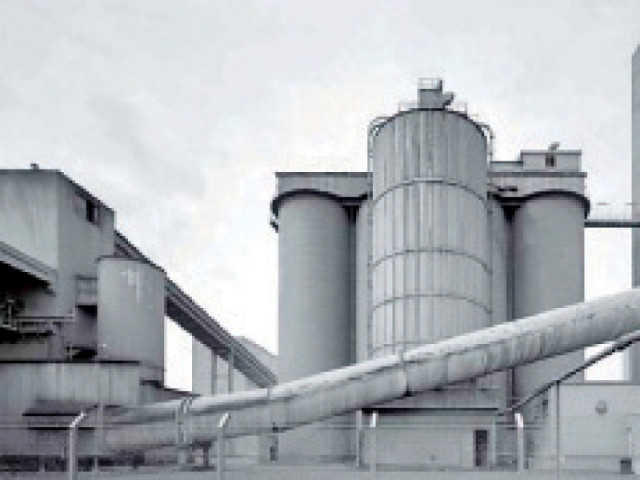Bestway buys 76% stake in Lafarge Cement
With capacity of 8.3m tons, it will become the largest cement maker.

Bestway Cement Limited on Thursday announced the acquisition of 76% stake in Lafarge Pakistan Cement Limited at an enterprise value of $329 million (Rs32.57 billion), according to a company notice sent to the Karachi Stock Exchange (KSE).
The deal, if approved by regulators, would make Bestway Cement the largest cement manufacturer in Pakistan with a capacity of 8.3 million tons. The deal settles the equity value of the company at Rs28.46 billion (Rs19.55 per share).
But the deal has sparked fears of a price war among big cement-makers who are arguing with each other over capacity expansion plans.
“The market saw a mixed reaction to the deal. Others think this may break the cement cartel, some say it will not,” said Standard Capital Securities analyst Saad Hashmi. “Whatever is the outcome, it is clear that the cartel is not going to break in one and a half years. Companies will avoid price war as it will hurt all.”
DG Khan Cement, one of the leading cement-makers, was said to have been the frontrunner for the acquisition. After the news of Bestway acquiring Lafarge emerged, the cement sector on the Karachi bourse posted losses.
This takeover by Bestway is also negative for the sector’s sentiments in the immediate term because of DG Khan’s likely expansion in the country’s south. Hence, its expansion might cause a domino effect resulting in an aggressive expansionary drive in the sector and a price war, BMA research said.
“The price war is unlikely during the gestation period of the expansionary wave. The prospect of a potential price war is likely to be price dampener where the sector is likely to remain under pressure in the near term,” the report said.
Similarly, AKD Securities analyst Bilal Alvi told The Express Tribune that the price war threat was not going to hurt the industry in the near future until new capacity expansion was undertaken by big players.
An expected 10% per annum growth in local sales and 5% per annum decline in exports will take the industry towards 100% capacity utilisation by fiscal year 2018. This should reduce the rationale for companies to indulge in price war to gain market share since additional capacities can cater to increasing demand.
In case a price war emerges, it may not last long. The previous price war lasted for five to six months in fiscal year 2010 during which retail cement prices fell 23% while volumes rose 16% year-on-year.
Published in The Express Tribune, July 25th, 2014.
Like Business on Facebook, follow @TribuneBiz on Twitter to stay informed and join in the conversation.



















COMMENTS
Comments are moderated and generally will be posted if they are on-topic and not abusive.
For more information, please see our Comments FAQ